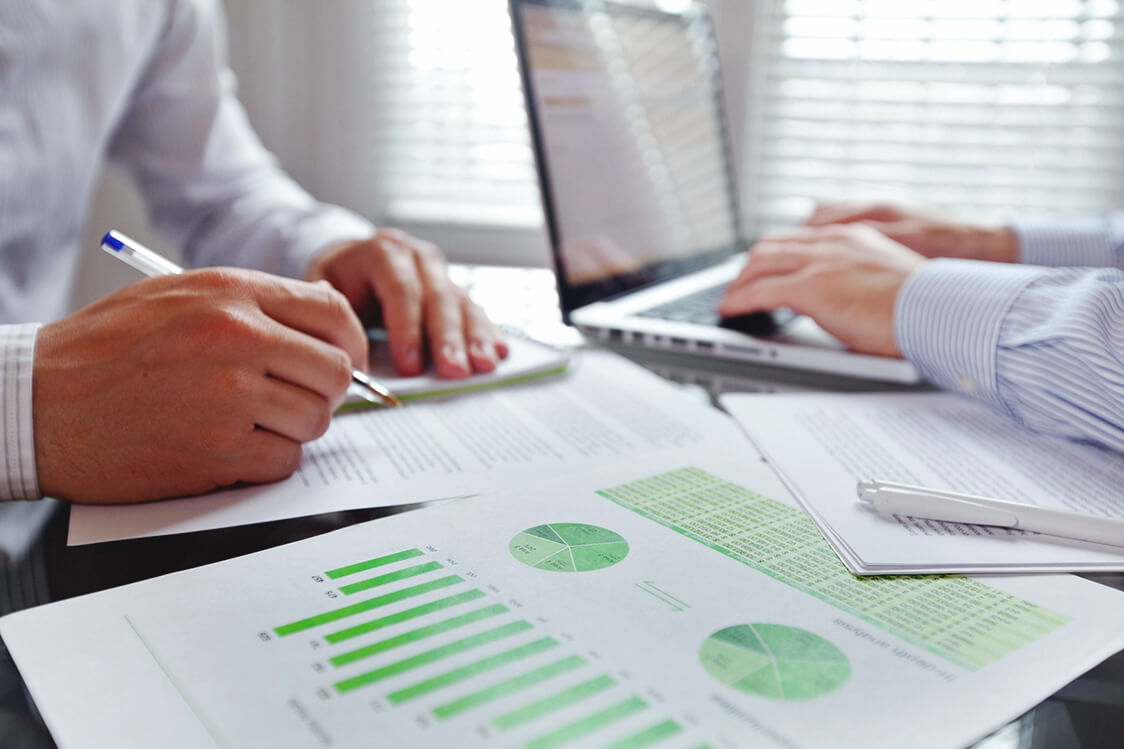By the SMU Social Media Team
The creation of the United Nations Sustainable Development Goals (SDGs) in 2015 was a landmark for corporate sustainability. The negotiations to set out the 17 targets, covering the environment, social and labour issues and health, marked the first time that businesses had a seat at the table during such high-level negotiations, acknowledging that the private sector had both a responsibility and a capacity to address the world’s most profound environmental and social problems.
Businesses, generally, have come on board. A global survey of executives conducted by consultancy Deloitte found that 92 per cent of respondents support the SDGs, and 65 per cent believe that progress towards sustainability and inclusive growth was the most pressing strategic issue for their businesses.
Sustainability is no longer a sideline, but a core part of global businesses’ day-to-day operations. Concepts such as the ‘triple bottom line’, an approach that takes into account environmental and social return, in addition to financial return, are increasingly being adopted by companies large and small.
This shift is not always entirely voluntary. Customers—particularly those from a younger generation that has more access to information and places more value on social issues—are becoming more engaged, and are expecting higher standards from companies. Governments, too, are realising that they need to partner with the private sector to meet social and environmental challenges, and that they need to drive behavioural change through regulation.
“Greater awareness on the part of consumers and producers that caring for the environment is, in the long run, beneficial to all stakeholders,” says Hwang Soo Chiat, Associate Professor of Accounting at Singapore Management University. “More importantly, it makes financial sense. People are beginning to realise that businesses need to be concerned about the triple bottom line instead of just the financial bottom line. Sustainability and sustainability management is now a ‘license to operate’ in the business world.”

In that environment, it is not enough to simply put some money into corporate philanthropy; companies need to have a complete, holistic approach for achieving social or environmental goals, and they need to be able to prove it. That means that social impact and sustainability have to be rigorously measured and reported to internal and external stakeholders.
Although there are a number of different approaches to reporting on sustainability and other social factors, the GRI Sustainability Reporting Standards, which was first formulated in the late 1990s, has emerged as a global standard, Assoc Prof Hwang says. More than 90 per cent of the world’s 250 largest companies now use the GRI.
Since 2017, companies listed on the Singapore Stock Exchange have had to publish a sustainability report detailing their environmental, social and governance objectives and their plans for achieving them. Given their increasingly strategic role in corporate governance, accountants will have a key role in setting, delivering and reporting on sustainability targets.
“Accountants are part of the management team which control or report on the financial aspects of businesses. Sustainability has financial impacts which need to be measured and reported,” Assoc Prof Hwang says. “Furthermore, managing sustainability requires great amount of coordination and cooperation of all the departments in a firm. It will be more convincing to managers of a firm to be able to see their contribution to the firm because of their sustainability effort through sustainability reporting.”
This means that accountants of the future will need to have a deeper understanding of sustainability and social issues. Assoc Prof Hwang, who currently teaches a module on ‘Managing Sustainability’ under the SMU-X curriculum, says that SMU’s School of Accountancy has launched several related modules to help to prepare students for these new requirements.
“Accountants need to acquire knowledge and skills in sustainability and sustainability management for them to effectively contribute to the sustainability effort in a firm,” he said.
Keen to take the next step with SMU? Join our Bachelor of Accountancy programme today!









